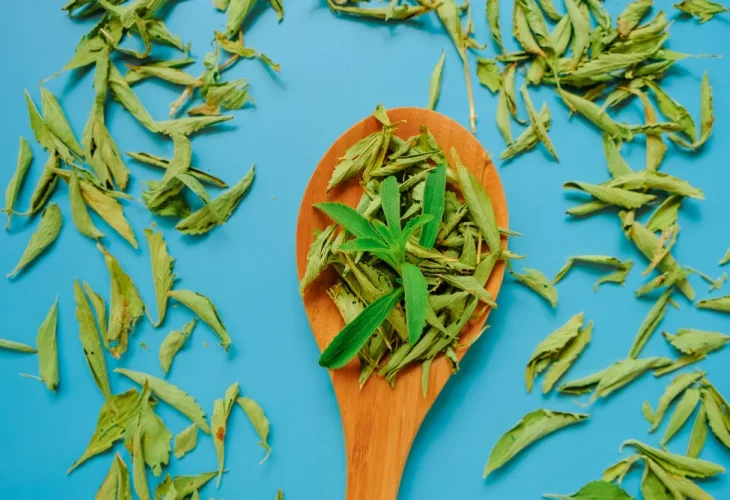Health and Nutrition
Is Stevia Safe? Benefits, Side Effects, and What the Research Says
Discover the health benefits, possible risks, and expert recommendations on using stevia as a natural sugar substitute
 Stevia Plant
Stevia PlantStevia is a natural sweetener derived from the stevia plant and is widely used as a sugar substitute due to its calorie-free, sweet taste. In recent years, its popularity has surged, with many health experts recommending it as a healthier alternative to sugar. Is stevia truly safe for our health? Are there any studies that suggest potential risks?
What Is Stevia?
Stevia is extracted from the leaves of the Stevia rebaudiana plant, which are estimated to be up to 200 times sweeter than white sugar. It contains zero calories, making it a popular choice for people looking to reduce their sugar and calorie intake.
Health Benefits of Stevia
The main benefit of stevia is that it’s a natural sweetener with virtually no calories and does not spike blood sugar levels. It’s especially popular among people with diabetes or those trying to avoid sharp increases in blood glucose.
Some studies suggest that stevia may help lower blood pressure, particularly in individuals with hypertension, and support heart health. Other research points to its potential role in improving blood lipid profiles by reducing “bad” cholesterol (LDL).
Is Stevia Safe?
Generally, stevia is considered safe when used in moderate amounts. However, not all forms of stevia have been extensively studied, and some research has raised questions about its long-term effects.
Scientific studies show no safety concerns when stevia is consumed in reasonable amounts. The U.S. Food and Drug Administration (FDA) has approved certain purified forms of stevia as safe for use in food and beverages. The European Food Safety Authority (EFSA) has also concluded that stevia poses no public health risk when consumed moderately.
That said, some studies note that rare allergic reactions may occur in certain individuals, with symptoms such as skin rashes, itching, or respiratory issues. Additionally, although stevia is natural, some individuals report a bitter aftertaste, which could be a downside for those seeking a sweetener that mimics sugar more closely.
On the plus side, stevia does not harm the digestive system or liver. In fact, some research suggests it may help relieve digestive issues such as gas and bloating and even support immune function due to its antioxidant properties.
Stevia is generally safe when consumed in moderation and offers notable health benefits, especially for people with diabetes or those trying to reduce their sugar intake. Still, it’s important to pay attention to dosage and ensure the sweeteners you use are approved by regulatory authorities. Consulting a doctor or dietitian is always a good idea, particularly if you have underlying health issues or plan to use stevia as a long-term sugar substitute.
Disclaimer: This article is for informational purposes only and does not constitute medical or dietary advice. Always consult with a healthcare professional before making any changes to your diet or lifestyle.

